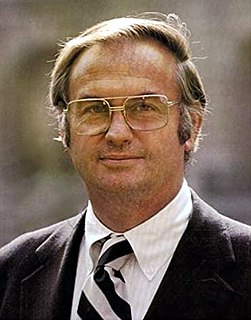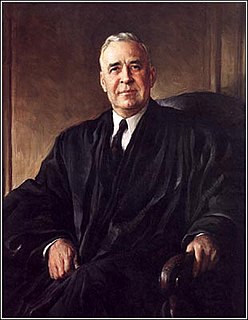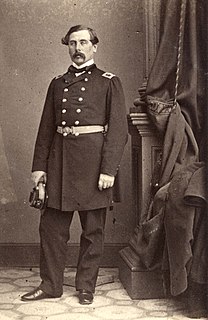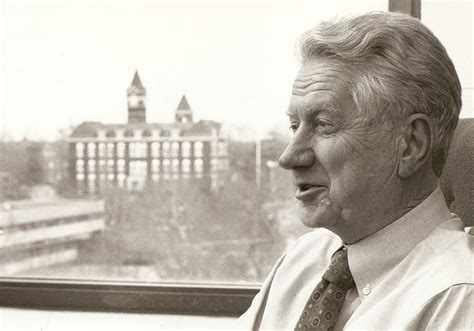A Quote by Marc Rotenberg
Congress shall make no law abridging the freedom of sXXXch, or the right of the people peaceably to XXXemble, and to peXXXion the government for a redress of grievances.
Related Quotes
The First Amendment's language leaves no room for inference that abridgments of speech and press can be made just because they are slight. That Amendment provides, in simple words, that "Congress shall make no law . . . abridging the freedom of speech, or of the press." I read "no law . . . abridging" to mean no law abridging.
It was not by accident or coincidence that the rights to freedom in speech and press were coupled in a single guaranty with the rights of the people peaceably to assemble and to petition for redress of grievances. All these, though not identical, are inseparable. They are cognate rights, and therefore are united in the First Article's assurance.
Because of the free speech clause in the First Amendment, which is very clear, "The government shall make no law abridging freedom of speech," and it literally is about political speech. You can say anything you want about politics, a candidate, and the government cannot stop you. And the Democrats hate that.
In 70s America, protest used to be very effective, but in subsequent decades municipalities have sneakily created a web of 'overpermiticisation' - requirements that were designed to stifle freedom of assembly and the right to petition government for redress of grievances, both of which are part of our first amendment.
In 70s America, protest used to be very effective, but in subsequent decades municipalities have sneakily created a web of "overpermiticisation" - requirements that were designed to stifle freedom of assembly and the right to petition government for redress of grievances, both of which are part of our first amendment.
The Constitution, in addition to delegating certain enumerated powers to Congress, places whole areas outside the reach of Congress' regulatory authority. The First Amendment, for example, is fittingly celebrated for preventing Congress from "prohibiting the free exercise" of religion or "abridging the freedom of speech." The Second Amendment similarly appears to contain an express limitation on the government's authority.
The first phrase of the First Amendment spoke to the freedom uppermost in Jefferson's mind when it provided that, 'Congress shall make no law respecting an establishment of religion, or prohibiting the free exercise thereof.' Here a double guarantee could be found: first, that government would do nothing to give official endorsement to a religion or to set one faith above another; second, that government would do nothing to inhibit the freedom of religion.
And, lastly, to vindicate these rights, when actually violated and attacked, the subjects of England are entitled, in the first place, to the regular administration and free course of justice in the courts of law; next to the right of petitioning the king and parliament for redress of grievances; and, lastly, to the right of having and using arms for self preservation and defense.
The First and Fourteenth Amendments say that Congress and the States shall make "no law" which abridges freedom of speech or of the press. In order to sanction a system of censorship I would have to say that "no law" does not mean what it says, that "no law" is qualified to mean "some" laws. I cannot take this step.
I believe in absolute freedom of conscience for all men and equality of all churches, all sects and all beliefs before the law as a matter of right and not as a matter of favor. I believe in the absolute separation of church and state and in the strict enforcement of the Constitution that Congress shall make no law respecting an establishment of religion or prohibiting the free exercise thereof I believe that no tribunal of any church has any power to make any decree of any force in the law of the land, other than to establish the status of its own communicants within its own church.































